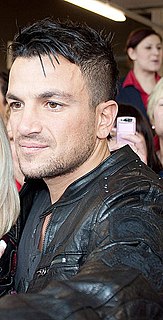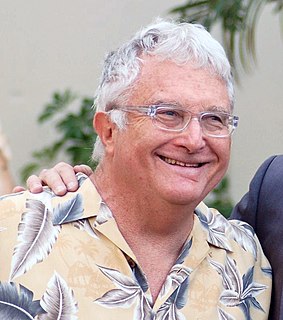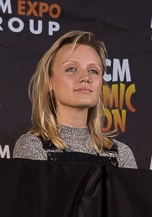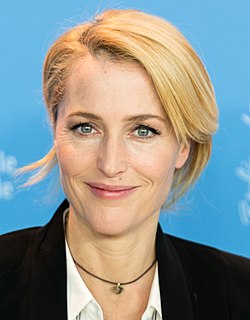A Quote by Jack Dangermond
GIS, in its digital manifestation of geography, goes beyond just the science. It provides us a framework and a process for applying geography. It brings together observational science and measurement and integrates it with modeling and prediction, analysis, and interpretation so that we can understand things.
Related Quotes
The whole point of science is that most of it is uncertain. That's why science is exciting--because we don't know. Science is all about things we don't understand. The public, of course, imagines science is just a set of facts. But it's not. Science is a process of exploring, which is always partial. We explore, and we find out things that we understand. We find out things we thought we understood were wrong. That's how it makes progress.
I've stuck to the same things for twenty years. I try to look like a slightly edgy geography teacher. Like what a geography teacher looked like when I was in school. Cords, sensible shoes and glasses. I never liked geography much as a subject though. In fact the only geography teacher I can remember from school was a woman who had a moustache.
John Hall, my geography teacher at school inspired me to a lifelong interest in geography and a curiosity about our world which has stayed with me through my life. Geography is a living, breathing subject, constantly adapting itself to change. It is dynamic and relevant. For me geography is a great adventure with a purpose.
Science has only two things to contribute to religion: an analysis of the evolutionary, cultural, and psychological basis for believing things that aren't true, and a scientific disproof of some of faith's claims (e.g., Adam and Eve, the Great Flood). Religion has nothing to contribute to science, and science is best off staying as far away from faith as possible. The "constructive dialogue" between science and faith is, in reality, a destructive monologue, with science making all the good points, tearing down religion in the process.
The division of the psychical into what is conscious and what is unconscious is the fundamental premise of psycho-analysis; and it alone makes it possible for psycho-analysis to understand the pathological processes in mental life, which are as common as they are important, and to find a place for them in the framework of science.
Most people don't put things together. Geologists study the surface of the earth and geological phenomena. Meteorogists study the weather. That isn't science. Science is the study of all things that affect human beings. They have to be together! A meteorologist has difficulty talking with a sociologist, because they don't understand each other. You can't teach sciences in 'bits'; you have to bring it all together. Science is a way of thinking - a way at arriving at conclusions without your own opinion in it.
The world's geography is not realistic. Geography is not real. Borders are only closed to people but they are open to products. There is another type of geography outside of this matrix. Because of this we noticed we were talking about much more than just Latin America. That was very important to put the film on another level. Based on this idea, we knew that we were not in this world any longer.
People look down on stuff like geography and meteorology, and not only because they're standing on one and being soaked by the other. They don't look quite like real science. But geography is only physics slowed down and with a few trees stuck on it, and meteorology is full of excitingly fashionable chaos and complexity. And summer isn't a time. It's a place as well. Summer is a moving creature and likes to go south for the winter.

































